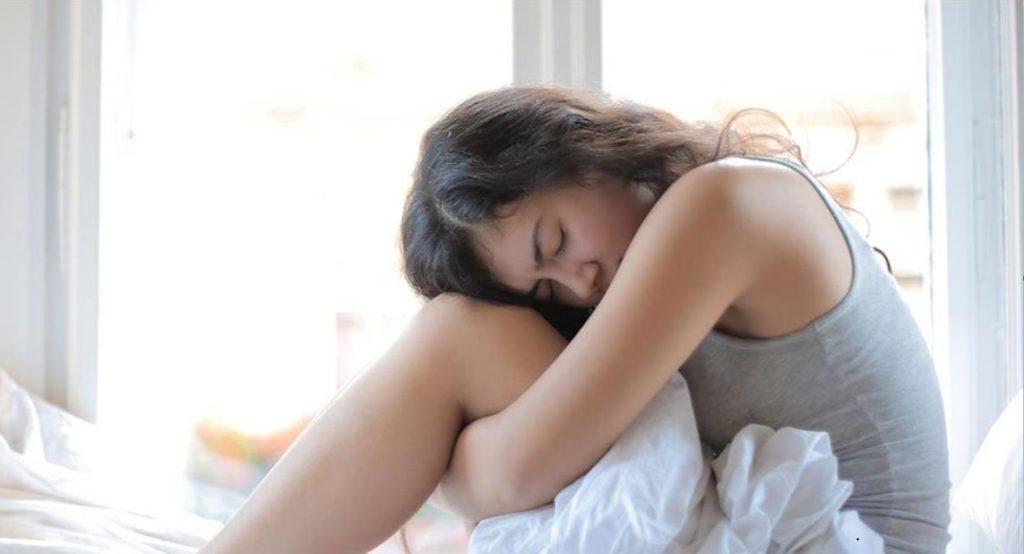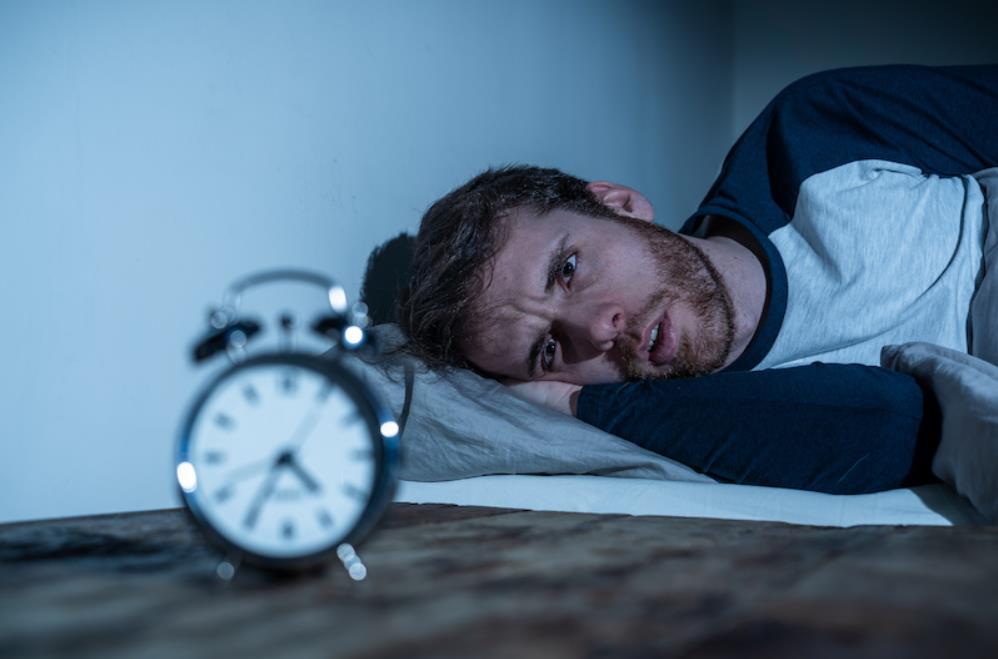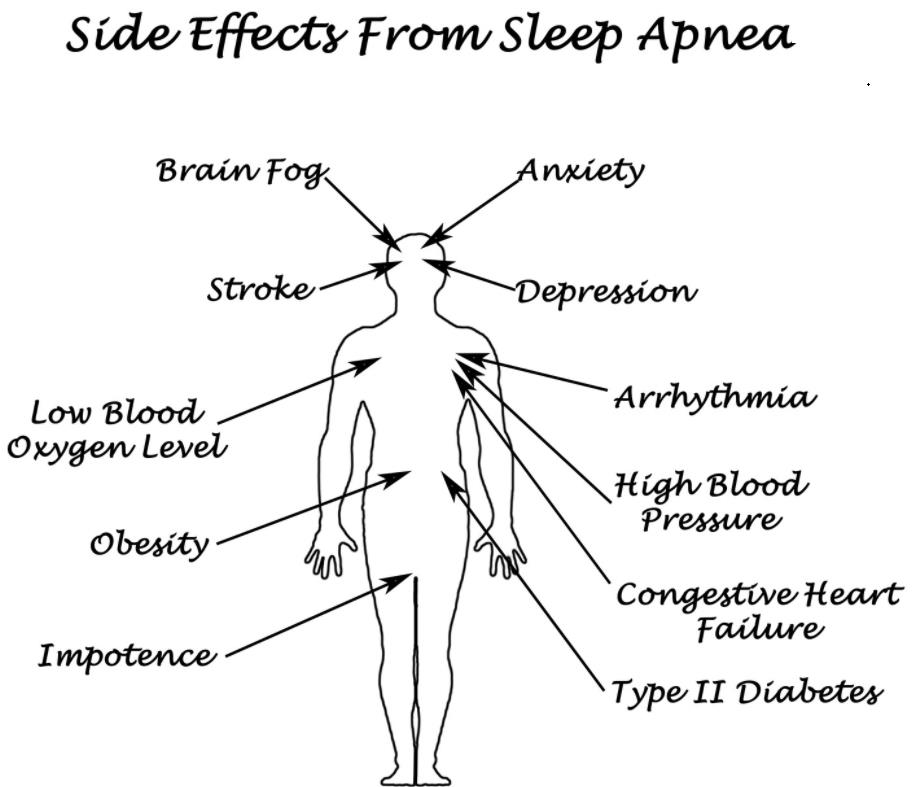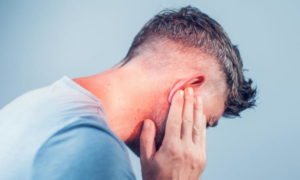For most people, not being able to sleep properly for a night or two can occur from time to time. For some, however, sleepless nights are part of their regular routine. A recent study shows 4 in 10 Australians are not getting adequate sleep. The cumulative effects of these sleep disorders are associated with a wide range of health conditions, such as hypertension, obesity, stroke, heart attack, anxiety, and depression.
With sleep apnea being one of the most common forms of sleep disorder, it is easy to associate it with mental conditions like anxiety disorder. But are sleep apnea and anxiety related?
Understanding the Relationship Between Sleep Apnea and Anxiety
Sleep apnea is a common form of sleep disorder that affects breathing. It comes with a wide range of symptoms, such as headaches, fatigue, insomnia, difficulty concentrating during daytime, high blood pressure, and mood changes including irritability and depression.
Anxiety, on the other hand, is the body’s response to stress. Feeling anxious in stressful situations is normal. However, when someone regularly experiences anxiety, it can develop into a medical disorder. This can lead to excessive nervousness, apprehension, fear, and worry.
At first glance, the relationship between the two may be obvious. They share many common symptoms, especially insomnia. Sleep disorders like sleep apnea elevate the risk of anxiety. Anxiety can also worsen sleeping problems.
It’s an Infinite Loop
It’s like the “chicken or the egg” paradox. One can have anxiety because of sleeplessness and sleep apnea, or one can suffer from sleep apnea and lack of sleep due to anxiety.
The relationship between sleep apnea and anxiety was supported by a European medical journal in 2012. The study showed more than 50% of sleep disorder patients had different levels of anxiety and depression.
A newsletter published by UC Berkeley showed that stress and uncertainty causes both sleep apnea and anxiety. It suggests that the stress of student life may cause anxiety and different forms of sleep disorders.
During episodes of sleep apnea, the brain experiences a panic signal which results in the jolting of the body. This can cause a person to wake up and resume the breathing. This sudden jolt keeps a person from getting uninterrupted sleep and unable to reach all stages of sleep. Continuous pattern of this makes it difficult for the brain to manage with stress.
Sleep is vital for a number of brain functions, especially on how the brain’s nerve cells communicate. It works as a housekeeper that removes toxins in the brain that builds up during daytime. Thus, if sleep is constantly interrupted, brain activity is altered, which also affects the neurochemicals (mood and thinking patterns).
Overtime, stress builds up and exacerbates multiple health chronic problems, such as high blood pressure, heart disease, stroke, etc. Also, the more stressed one feels due to sleeplessness, the higher the possibility of panic attacks.
Obstructive Sleep Apnea and Anxiety
A 2018 study showed how obstructive sleep apnea (the most common type of sleep apnea) is associated with mental disorders such as anxiety and depression. In their advanced stage, anxiety disorder comes with chest pains, high blood pressure, and increase in panic attacks. This is where sleep apnea gets into the picture, as lack of sleep leads to increase in blood pressure, panic attacks, and chest pains as well.
Get Help
Fortunately, both sleep apnea and anxiety are treatable, and there are multiple treatment options available out there. If you believe you are suffering from either or both conditions, it is important that you seek suitable medical intervention. Your physician can prescribe you with the right treatments or refer you to a sleep doctor to properly diagnose and treat your sleeping disorder.
The good thing is that, most treatments for both conditions go hand-in-hand, meaning one treatment can directly impact the other. Your sleep apnea treatment can definitely help improve your anxiety disorder.
Sleep apnea treatment like Continuous Positive Airway Pressure (CPAP) therapy for example, is one of the most effective treatment options. As a matter of fact, a recent study showed CPAP therapy can simultaneously improve symptoms of anxiety and depression.
Also, there are multiple methods you can start to manage both conditions, such as:
- Regular exercise – exercise promotes the production of endorphins, which triggers positive feeling in mind and body. This is particularly helpful for managing obstructive sleep apnea caused by being overweight.
- Avoiding alcohol – alcohol exacerbates sleep apnea, as it inhibits the body’s ability to breathe effectively while asleep.
- Sleep on your stomach or side – sleeping on your back may cause your tongue to block your air passage.
The most important thing for both conditions is early treatment to keep a healthy physical and mental health.


























